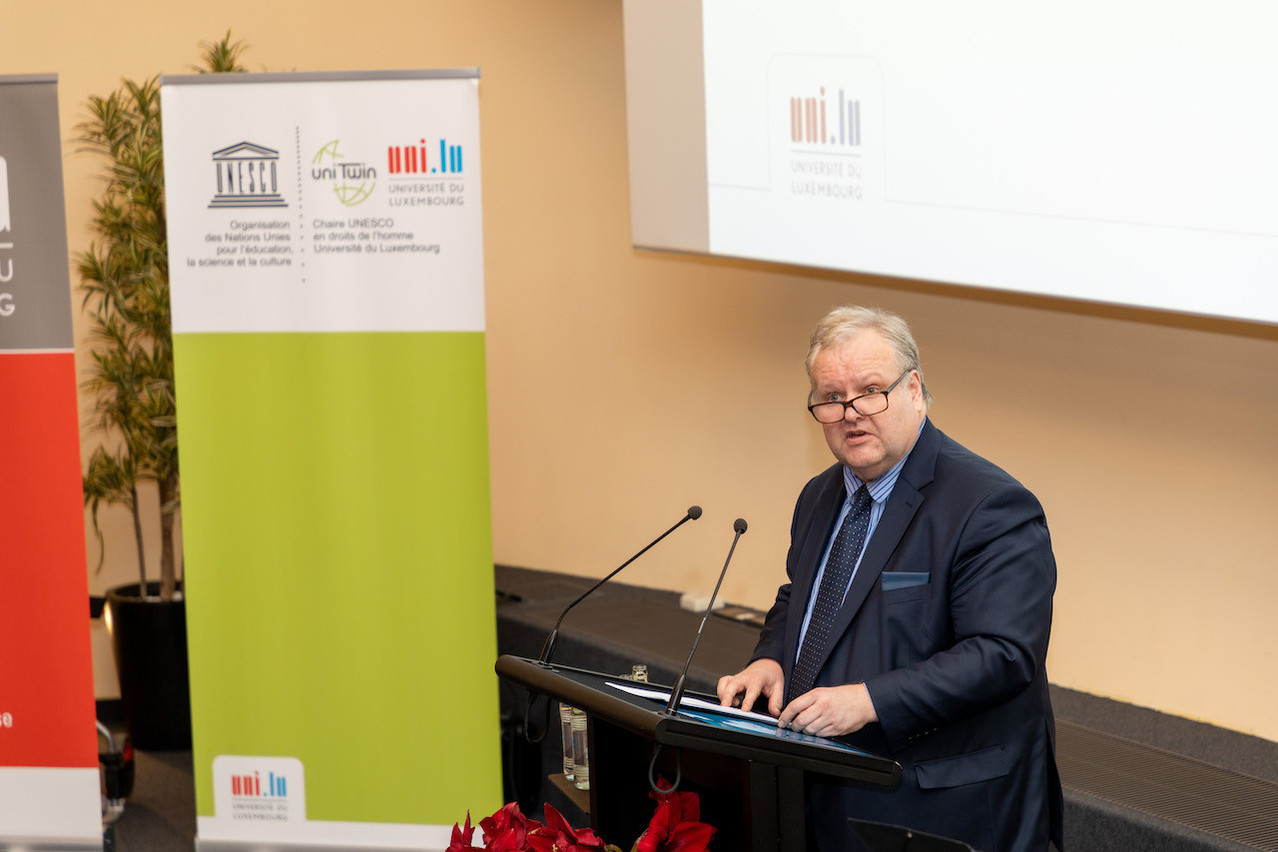Although NGOs argue that the phenomenon of “clean slates” (the number of candidates is equal to the number of seats) makes the election process to the UN Human Rights Council non-competitive, Luxembourg’s commitments, both domestic and international, to human rights were assessed by civil society organisations observing the elections. They viewed the grand duchy as almost fully adhering to the criteria. Luxembourg is, for example, one of the few countries that allocated 1% of its gross national income to Official Development Assistance and is the second most generous contributor among OECD member states.
Being in the Human Rights Council will give Luxembourg a privileged position to pursue certain agendas in the international arena, such as climate change, children’s rights, and the situation of children in armed conflicts. Another area of interest in which Luxembourg “has gotten ahead and tried to play a leading role” is the UN Declaration on the Rights of Peasants and Other People Working in Rural Areas, said Robert Harmsen.
Furthermore, there is international momentum towards the imposition of mandatory due diligence obligations on transnational companies. commissioned by the foreign ministry as part of the National Action Plan on business and human rights suggested that legislation must be a European initiative.
Indeed, a European Parliament Resolution of 10 March 2021 proposed an EU Directive on mandatory human rights, environmental and good governance due diligence, which is scheduled to be up for vote in 2022.
The Luxembourg government has repeatedly expressed its preference for broader legislation that would have a considerable impact. , a fellow at the Uni.lu, has developed two national action plans on business and human rights and did the due diligence reports that are being used by NGOs and various groups engaging with human rights issues. Although personally in favour of broader, organisational legislation, Harmsen points out that France and the Netherlands have already adopted due diligence laws and argues that waiting for the EU to act first “should not, in the long run, become an excuse for not taking action at the national level”.
I think that there is a basis to advance national due diligence legislation…
Furthermore, there are no certainties that the EU Directive, if adopted, will be implemented within a reasonable timeframe. “As we saw with the pandemic, there are some incredibly complicated supply chains out there, where businesses do not necessarily know everything that is in the supply chain, and perhaps, beyond a certain point cannot reasonably be expected, as a legal obligation, to know what’s in the supply chain. I think that there is a basis to advance national legislation, and the research points out that this is the case,” he says. National due diligence legislation however, has to be done carefully. “There has to be an engagement with stakeholders, and particularly with business,” Harmsen added.
Following Luxembourg’s nomination, the UNESCO chair in human rights will intensify its work with the government on several issues that are also being addressed within Luxembourg’s agenda for the Human Rights Council. “Through the Chair, we will be engaging with a number of these events, and hopefully we will have a number of events in person at the university. The central role of the Chair, essential for human rights, is fostering critical dialogue and fostering self-critical reflection. Because really, in terms of protecting, in terms of advancing human rights, it is only through those critical discussions and only when looking critically at these situations, both in our own country and around the world, that you can advance these issues.”

